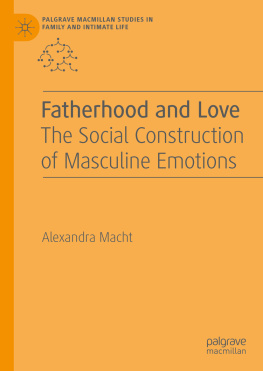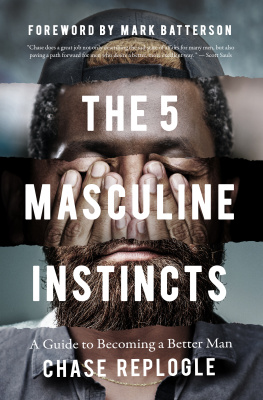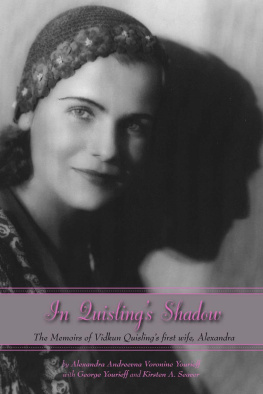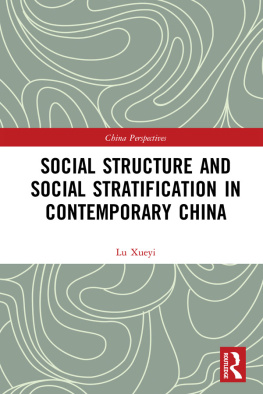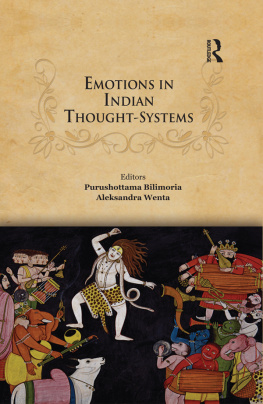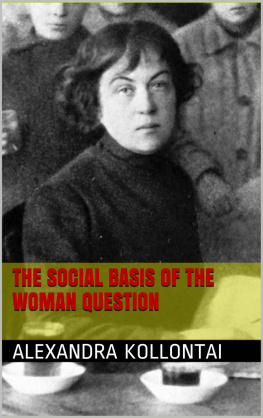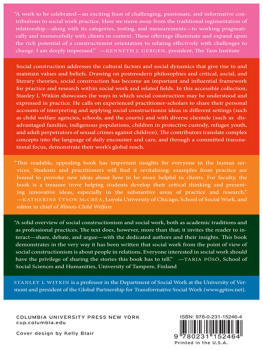Alexandra Macht - The Social Construction of Masculine Emotions
Here you can read online Alexandra Macht - The Social Construction of Masculine Emotions full text of the book (entire story) in english for free. Download pdf and epub, get meaning, cover and reviews about this ebook. year: 2020, publisher: Springer International Publishing, genre: Home and family. Description of the work, (preface) as well as reviews are available. Best literature library LitArk.com created for fans of good reading and offers a wide selection of genres:
Romance novel
Science fiction
Adventure
Detective
Science
History
Home and family
Prose
Art
Politics
Computer
Non-fiction
Religion
Business
Children
Humor
Choose a favorite category and find really read worthwhile books. Enjoy immersion in the world of imagination, feel the emotions of the characters or learn something new for yourself, make an fascinating discovery.
- Book:The Social Construction of Masculine Emotions
- Author:
- Publisher:Springer International Publishing
- Genre:
- Year:2020
- Rating:5 / 5
- Favourites:Add to favourites
- Your mark:
- 100
- 1
- 2
- 3
- 4
- 5
The Social Construction of Masculine Emotions: summary, description and annotation
We offer to read an annotation, description, summary or preface (depends on what the author of the book "The Social Construction of Masculine Emotions" wrote himself). If you haven't found the necessary information about the book — write in the comments, we will try to find it.
The Social Construction of Masculine Emotions — read online for free the complete book (whole text) full work
Below is the text of the book, divided by pages. System saving the place of the last page read, allows you to conveniently read the book "The Social Construction of Masculine Emotions" online for free, without having to search again every time where you left off. Put a bookmark, and you can go to the page where you finished reading at any time.
Font size:
Interval:
Bookmark:
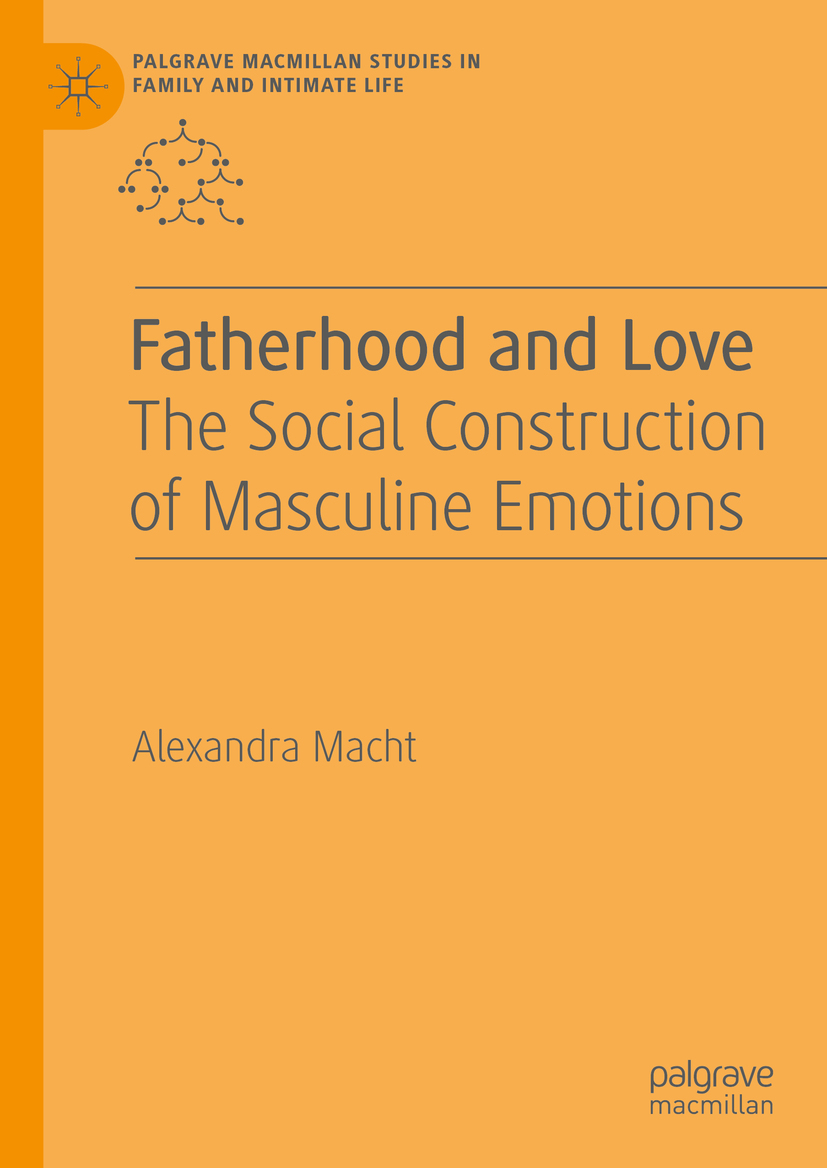
The Palgrave Macmillan Studies in Family and Intimate Life series is impressive and contemporary in its themes and approachesProfessor Deborah Chambers, Newcastle University, UK, and author of New Social Ties .
The remit of the Palgrave Macmillan Studies in Family and Intimate Life series is to publish major texts, monographs and edited collections focusing broadly on the sociological exploration of intimate relationships and family organization. The series covers a wide range of topics such as partnership, marriage, parenting, domestic arrangements, kinship, demographic change, intergenerational ties, life course transitions, step-families, gay and lesbian relationships, lone-parent households, and also non-familial intimate relationships such as friendships and includes works by leading figures in the field, in the UK and internationally, and aims to contribute to continue publishing influential and prize-winning research.
More information about this series at http://www.palgrave.com/gp/series/14676

This Palgrave Macmillan imprint is published by the registered company Springer Nature Switzerland AG.
The registered company address is: Gewerbestrasse 11, 6330 Cham, Switzerland
To my family
Larisa, Rzvan and Olivia
It is good to love many things, for therein lies true strength .
And whosoever loves much performs much, and can accomplish much, and what is done in love, it is well done!
Van Gogh
In no specific order, I would like to extend my warm gratitude to Lynn Jamieson and Mary Holmes, for providing me with invaluable support in the process of writing the thesis on which this book is based and for convincing me to hold on and finish it. I would also like to thank Gillian Ranson for providing advice on an earlier version of the second chapter, as well as Julie Brownlie for offering insightful suggestions on how to improve the concept of emotional bordering. Id like to thank Oksana Shmulyar Gren alongside the Sociology and Social Work Group at the University of Gothenburg for inviting me to present the book in their seminar series and for providing me with constructive criticism. Finally, to the 47 fathers I interviewed for this project and their family membersthank you so much for your time and stories! It has been an emotionally transforming process to live with your words for this long and to distil meaning from your life experiences.
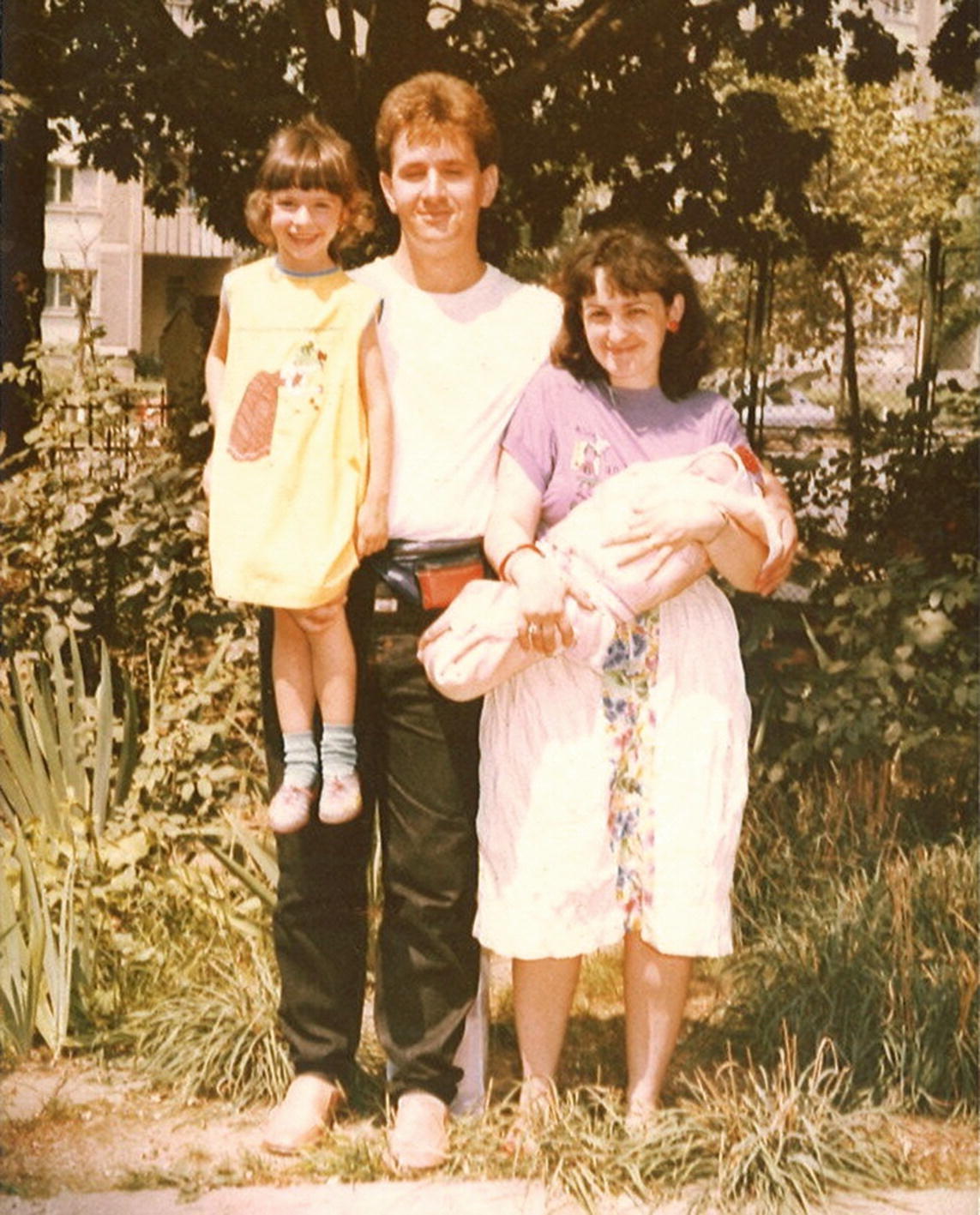
Who taught you to love? The inscription welcomed me on the door of a Toronto-based apartment as I returned from giving a presentation on fatherhood and love to a small, yet enthusiastic, audience at the International Sociological Associations 2018 Conference. The question seemed apt, as it mirrored some of the thoughts I was investigating as part of my research on paternal love: Is love something we learn or is it an instinct? Why do we gender it? Why is romantic love so socially prominent? And why are other forms of love obscured in the analysis of everyday life? You are about to engage with a sociological analysis on love, which attempts to provide some answers to these questions, filtered as they shall appear through the narratives of a specific group of European fathers. Why is it important to explore paternal love in the realm of family relationships? One reason is that, so far, there are no extensive accounts of paternal love in sociology. While accounts of romantic love abound (Illouz ). Not only this picture is about a specific social-political landscape, tradition, culture and the representation of gendered bodies, but it is also about love. The love we shared and continue to do as family members. A love complicated by our combined biographies and multiple intersections (of age, gender and generation) and by our everyday lived experiences as members of a connected group, replete with the ideal images we continue to hold about what it means to be a family. This love incorporates power, as it speaks about a form of socialization done according to Romanian cultural and gendered norms and tied into specific cultural family practices.
Contrary to sociologists, psychologists provide significant analyses of familial love, by rather mysteriously refering to love in other terms, such as warmth or attachment (Lamb ) or to that of popular entertainment. However, this is no longer the case, and with the simultaneous rise in fatherhood studies, an interest in love studies could also be observed. The present research is unique because it has investigated, from a sociological perspective, the convergences of these two topics.
The data presented in this book was gathered between the winter of 2014 and the summer of 2015. Coincidentally, 2015 also marked the introduction of shared parental leave provisions in the UK, extending for employed fathers the short two weeks time they could take to look after their children, to a longer three-month period. In Romania, at the moment, fathers can only take 5 days once their baby is born, with the possibility of extending this to 15 days if they attend an infant-care course (Macht and Popescu ) and that it is not taking place uniformly across Europe.
Font size:
Interval:
Bookmark:
Similar books «The Social Construction of Masculine Emotions»
Look at similar books to The Social Construction of Masculine Emotions. We have selected literature similar in name and meaning in the hope of providing readers with more options to find new, interesting, not yet read works.
Discussion, reviews of the book The Social Construction of Masculine Emotions and just readers' own opinions. Leave your comments, write what you think about the work, its meaning or the main characters. Specify what exactly you liked and what you didn't like, and why you think so.

